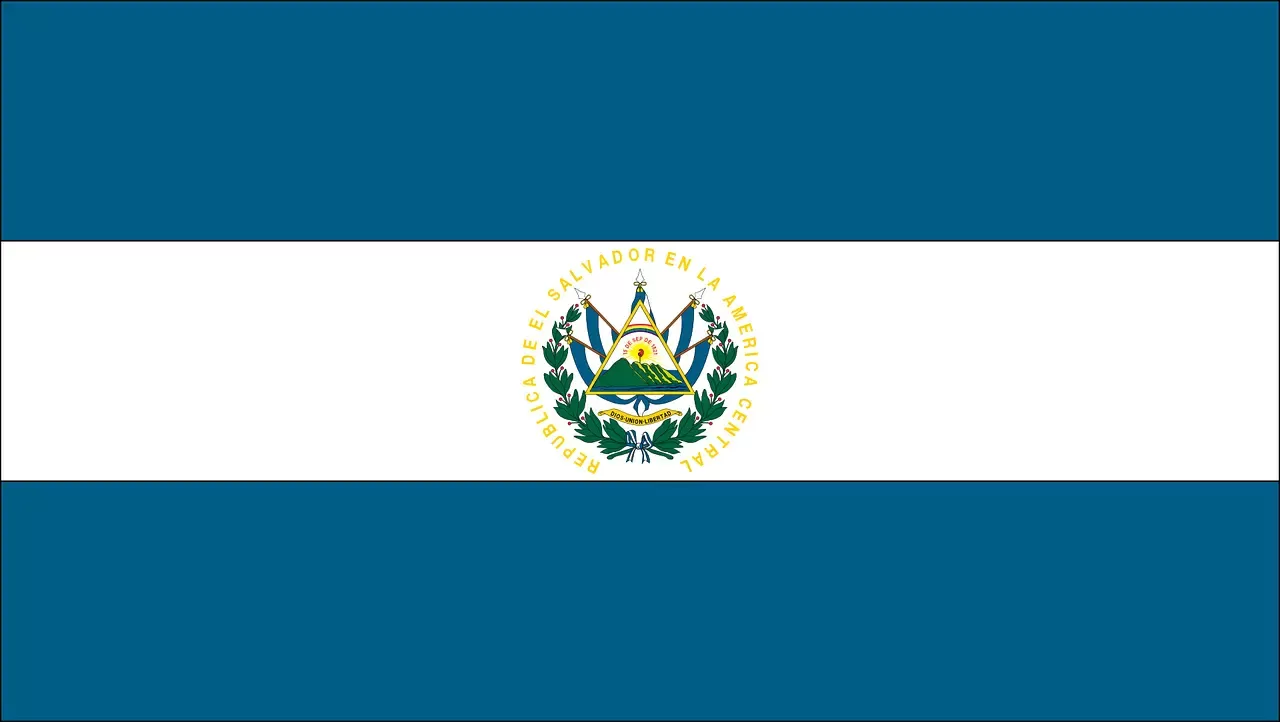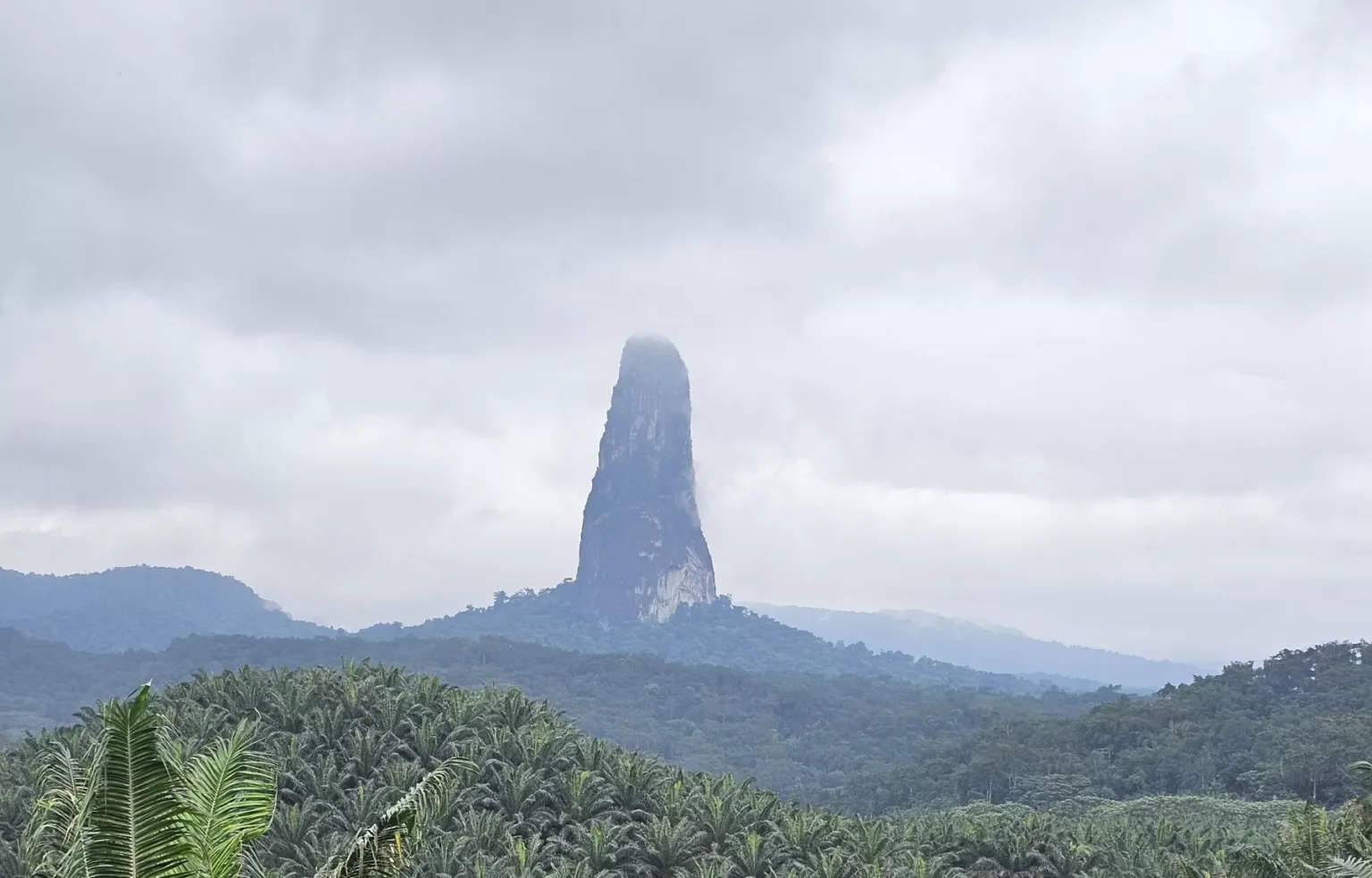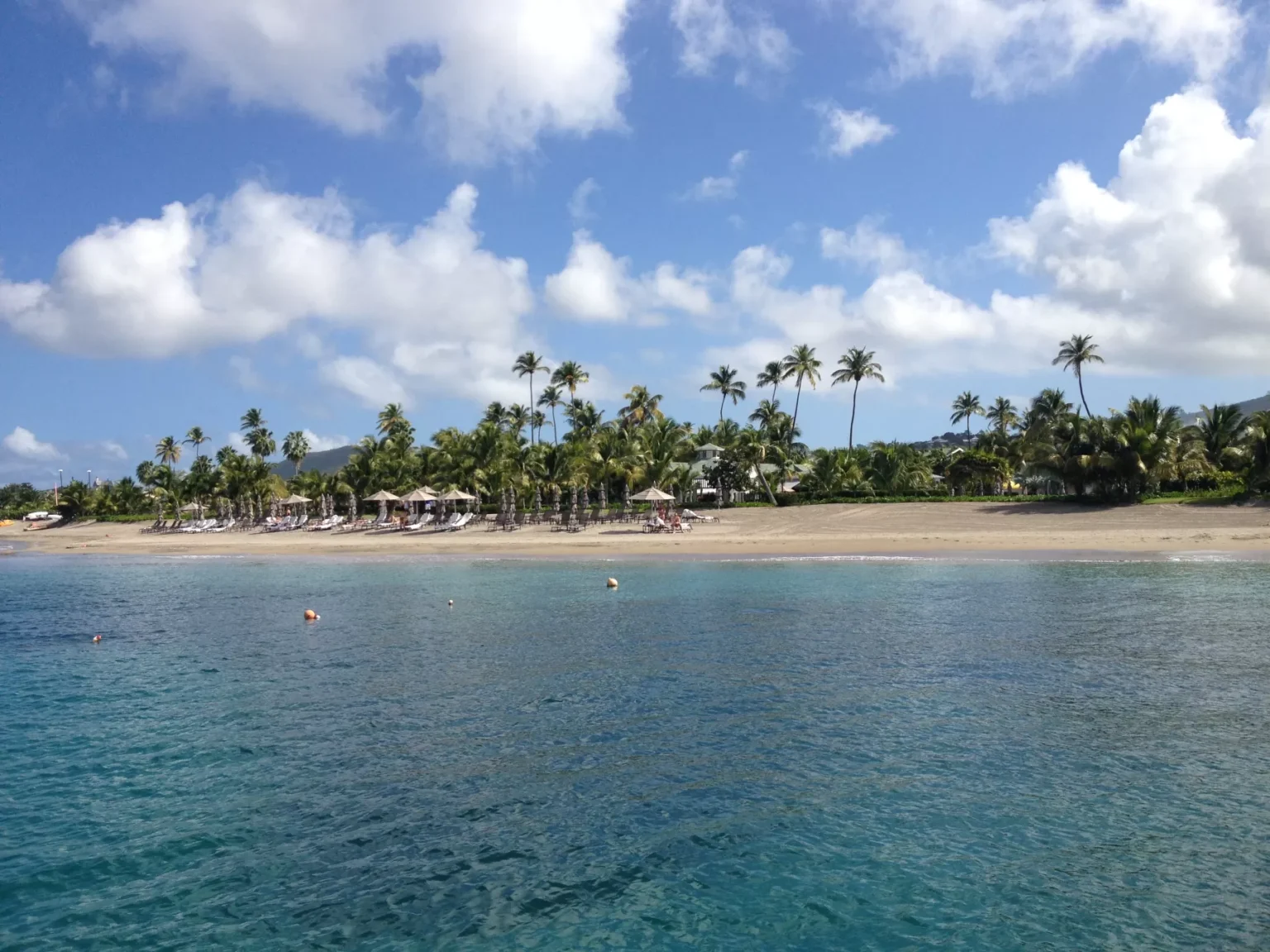The velocity of change has accelerated beyond what industry veterans anticipated. Where 2024 brought sweeping reforms to established Caribbean and European programs, 2025 has emerged as the year of growth, with nations from the Pacific to West Africa to South America launching citizenship pathways that would have seemed improbable just 24 months ago.
Argentina is formalizing citizenship by investment through a presidential decree. São Tomé and Príncipe is launching a US$90,000 program. Nauru approves its first citizens. The Solomon Islands’ advancing draft legislation. The geographic expansion of investment migration in 2025 represents a fundamental shift in how nations view citizenship as an economic development tool.
We as NTL Trust are witnessing the globalization of citizenship by investment across regions that are embracing these programs as catalysts for national development. We have operated in the investment migration space for over three decades and what we can tell: 2024 was about established programs recalibrating their frameworks and strengthening due diligence protocols. What we’re seeing in 2025 represents something transformative: new jurisdictions recognizing the immense potential these programs offer when structured thoughtfully.
The numbers tell a compelling story. Where once the CBI market consisted primarily of Caribbean nations and a handful of European residency programs, investors now face choices spanning six continents. In 2025 investment migration landscape, São Tomé’s program being added to the selection of African programs reflects the globalized nature of modern citizenship programs. Argentina’s framework awaits only the announcement of investment thresholds before activation. The Solomon Islands continues public consultations on its draft legislation.
This proliferation of options creates both opportunities and complexities for investors. The traditional hierarchy of programs, where Caribbean citizenship and European residency represented distinct tiers with predictable benefits, has given way to a more nuanced matrix of considerations.
The New Entrants Reshape Market Dynamics in 2025 Investment Migration
The geographic diversity of new programs reflects changing global attitudes toward investment migration. Argentina’s entry carries particular weight given its potential for US Visa Waiver Program membership, which would grant its citizens visa-free access to the United States. The administration views the program as integral to broader economic liberalization efforts.
In our opinion, Argentina represents a category-defining opportunity that could transform South American investment migration. The combination of South American positioning, potential US visa-free access, and the country’s cultural and economic ties across multiple continents creates a value proposition that will attract sophisticated investors globally.
São Tomé and Príncipe’s program launch demonstrates how smaller nations can leverage public-private partnerships to enter the investment migration space efficiently. The program’s US$90,000 entry point for single applicants positions it as the most affordable option globally, though the passport currently provides visa-free access to only 61 destinations. São Tomé’s program will resonate with investors who understand citizenship value beyond travel convenience. Tax restructuring, estate planning, and business expansion opportunities often matter more than visa-free destination counts for sophisticated investors, and this program offers remarkable value in those dimensions.
Nauru‘s approval of its first citizens, a German family who sold their company and relocated to Dubai, illustrates the program’s target demographic: successful entrepreneurs seeking additional optionality amid global uncertainty. The program’s contribution structure, starting at US$105,000 for single applicants, directs funds toward renewable energy infrastructure that will transform the island’s economy.
The Solomon Islands remains the most intriguing prospect among Pacific programs still in development. The nation’s passport ranks 37th globally with visa-free access to 134 destinations including the Schengen Area and the UK, substantially stronger than most new CBI jurisdictions. The government has emphasized extensive public consultation before parliamentary presentation, suggesting a measured approach that could yield a particularly well-designed program.
Strategic Planning Becomes Paramount
The proliferation of options elevates the importance of comprehensive planning at both macro and micro levels. Investors must now evaluate programs not merely on price or processing time but through multiple lenses: geopolitical stability, diplomatic relationships, economic trajectory, and long-term sustainability.
The abundance of choice creates incredible opportunities for investors who approach selection strategically. We’re seeing clients benefit tremendously from expert guidance that helps them identify programs aligned perfectly with their specific objectives, whether that’s business expansion, family security, or wealth preservation.
Macro-level considerations have grown increasingly sophisticated. The potential for Argentina to join the US Visa Waiver Program could transform its citizenship value overnight. São Tomé’s renewable energy focus might position it favorably as global sustainability priorities evolve. The Solomon Islands’ existing visa-free access to Europe provides immediate value that newer programs typically lack.
Micro-level planning requires equal attention. The mechanics of São Tomé’s Dubai-based processing unit differ fundamentally from traditional government-operated programs. Argentina’s multi-agency security review process involving seven government entities suggests thorough vetting but potentially longer processing times. Nauru’s restriction on certain nationalities, contrasted with São Tomé’s more inclusive approach, creates different applicant pools with varying implications for program perception.
What we can say now is that every program offers unique advantages when properly understood. The new programs bring fresh perspectives on value creation that benefit the entire industry.
Regional Integration Creates New Possibilities
The Caribbean’s Memorandum of Agreement established a precedent for regional coordination that other regions might emulate. The synchronized price floor, shared information systems, and coordinated marketing standards created a unified market that benefits both programs and investors through standardization and transparency.
Regional coordination represents the natural evolution of investment migration and we’re excited to see this model potentially expanding to other regions. The possibility of similar agreements emerging in the Pacific, where Vanuatu, Nauru, and potentially the Solomon Islands could establish common standards, would create tremendous value for investors.
The benefits of coordination extend beyond operational efficiency. Shared rejection databases prevent problematic applicants from program shopping. Coordinated marketing standards eliminate misleading claims that damage industry credibility. Synchronized pricing prevents destructive competition that ultimately harms all participants.
The Golden Standard: Why Program Heritage Matters
While new programs capture attention with their innovation and potential, established programs offer something invaluable that newer entrants cannot replicate: heritage. Years of operational refinement, diplomatic relationship building, and crisis navigation create a foundation of stability that sophisticated investors recognize as essential.
Why The Golden Standard Matters?
Program heritage isn’t just about longevity; it’s about proven resilience through economic downturns, political transitions, and international scrutiny. St. Kitts and Nevis has operated continuously since 1984, weathering every conceivable challenge while maintaining program integrity. Greece’s Golden Visa survived the country’s debt crisis and emerged stronger. Turkey’s program has processed thousands of applications through multiple government administrations. This institutional knowledge and operational maturity cannot be replicated overnight.
The Caribbean programs, particularly St. Kitts and Nevis, Antigua and Barbuda, and Grenada, exemplify this heritage advantage. Their 2024 reforms demonstrated mature programs’ ability to adapt while maintaining core strengths. St. Kitts remains the platinum standard, with it’s reliable structure with processing efficiency that newer programs can only promise to match.
Greece’s Golden Visa program continues its sixth consecutive record year, with processing times now averaging three months following administrative improvements. The €250,000 real estate investment threshold provides European residency through tangible assets in a recovering property market. Turkey’s citizenship program delivers one of the fastest routes to citizenship globally at just US$400,000, processing families in three to six months with strategic positioning between Europe and Asia.
Serbia’s residency program offers remarkable accessibility with no minimum investment requirement through the real estate route, while Latvia provides flexible European access through multiple investment pathways. Vanuatu maintains Pacific leadership with processing measured in weeks rather than months, delivering Commonwealth benefits with proven efficiency.
Important to remember:
This doesn’t mean new programs won’t excel; many show tremendous promise and will likely become tomorrow’s established leaders. However, we always recommend clients begin their citizenship portfolio with at least one established program as an anchor. This provides immediate, reliable benefits while allowing room to explore emerging opportunities with appropriate risk management. A St. Kitts citizenship or Greek residency forms a solid foundation from which to evaluate newer options like São Tomé or Argentina.
When selecting newer programs it’s important to be particularly careful with the evaluation and let’s us as your trusted advisor, who understand both their potential and their uncertainties, check every possible detail. We’re enthusiastic about programs like Argentina and São Tomé, but we guide clients to approach them as complementary additions rather than primary solutions until they establish their operational track records. Starting with proven programs provides security while maintaining flexibility to capitalize on emerging opportunities as they mature.
A New Era Demands Expert Navigation
The investment migration industry’s evolution from niche financial tool to essential wealth management strategy reflects fundamental changes in how successful individuals approach global positioning. As 2025 unfolds with unprecedented program proliferation, the importance of expert guidance has never been greater. This extraordinary moment in investment migration history presents both tremendous opportunities and complex decisions. The simultaneous emergence of new programs while established programs strengthen their frameworks creates a market rich with possibility but demanding sophisticated navigation. Our three decades of experience positions us uniquely to guide clients through this transformative period.
NTL Trust continues monitoring developments across all programs, established and emerging, providing clients with current intelligence and strategic guidance. Our curated portfolio of proven programs, combined with careful evaluation of emerging options, ensures clients can capitalize on this golden age of investment migration while avoiding potential pitfalls. Investment migration has matured into an essential component of comprehensive wealth planning. Whether selecting from our carefully vetted established programs or exploring emerging opportunities, success requires understanding not just individual programs but how they work together to create lasting value for families across generations.















